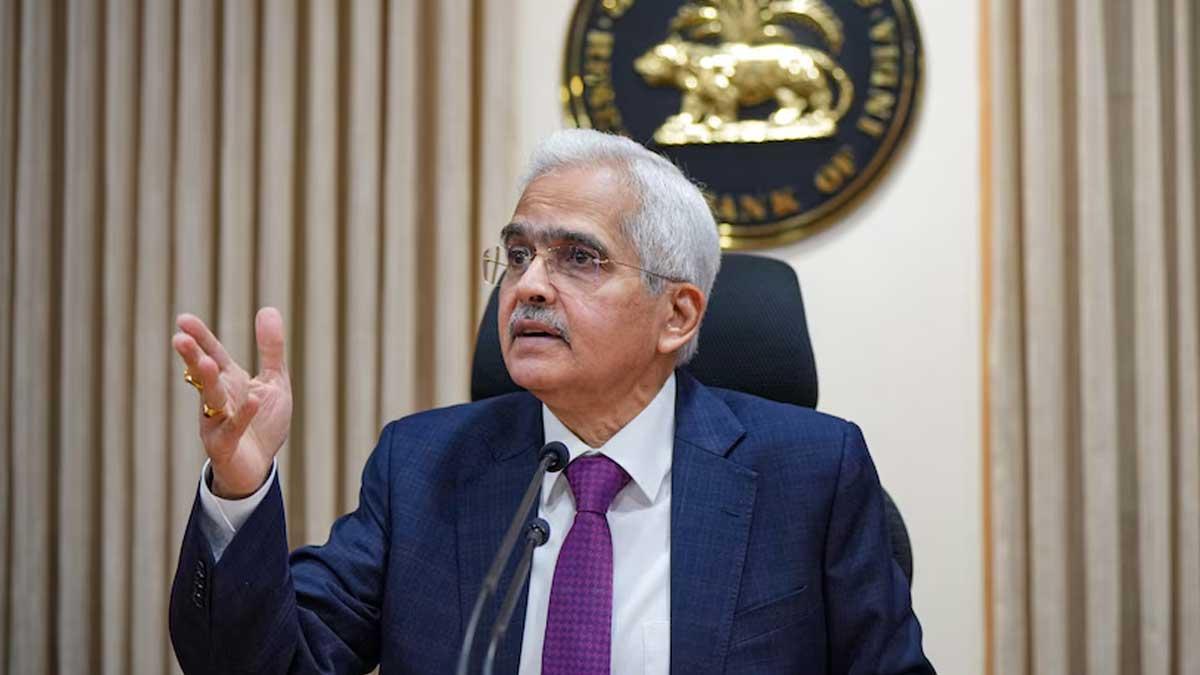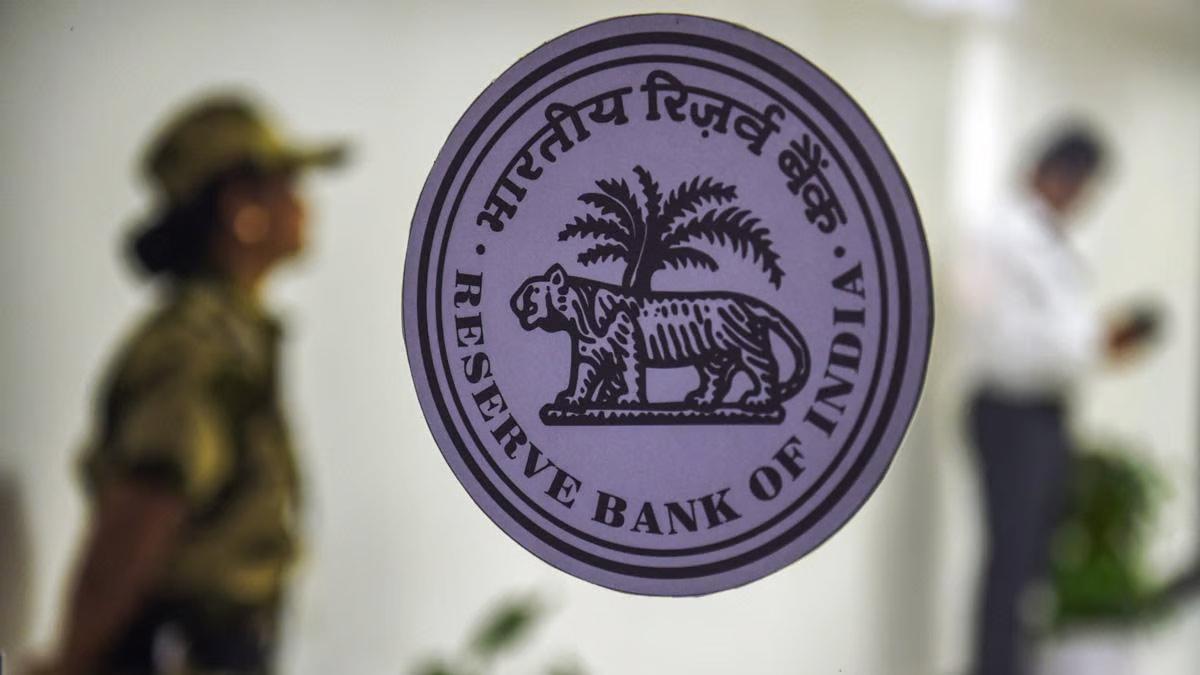The RBI Governor Shaktikanta Das said that the central bank was "fast-tracking" plans to make "UPI and RuPay truly global," after receiving encouraging responses from several countries. Addressing the Global Fintech Fest, Das said important priorities are deploying UPI-like infrastructure in other countries; allowing acceptance of QR code-based payments through UPI apps at merchant sites in foreign jurisdictions; and linking UPI with FPS of other countries for cross-border remittances.
Das pointed out that Bhutan, Nepal, Sri Lanka, Singapore, the UAE, Mauritius, Namibia, Peru, France and many others have made enough progress. He congratulated the NPCI and his colleagues in the Reserve Bank for what they have been able to achieve so far, but underlined that much more needs to be done in this national project.
He also showcased the still-pilot-stage CBDC of India as a model for possible international cooperation. He further added that the CBDC is being used for novel features such as extending credit and government support to tenant farmers, and even extending carbon credits through digital currency. This successful demonstration of interoperability for CBDC with systems such as UPI and doing experiments for offline solutions simultaneously sets up future international cooperation on CBDC initiatives.
Das speculates that, going forward, AI and ML could transform the way India's financial sector shapes. AI algorithms already improve fraud detection; machine learning models enhance credit scoring and expand credit access. As AI and ML continue to evolve, their applications in regulatory compliance, investment advisory services, and algorithmic trading will reshape the financial landscape.
However, Das called for perceiving and managing the risks arising from AI. He said this would be deemed careful and responsible adoption, which is going to have financial sector players, central banks, and governments work in the direction of making AI development trustworthy through their addressing of concerns related to data privacy, explainability, accountability, and transparency.


















